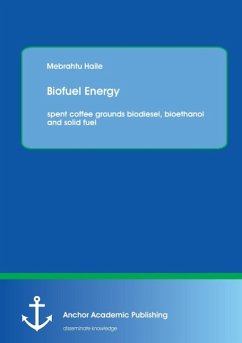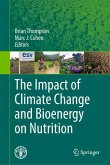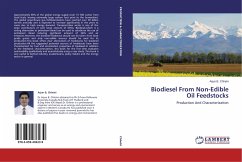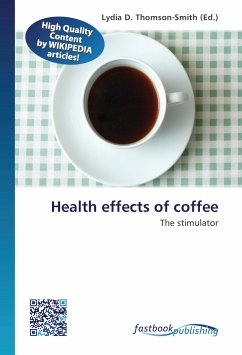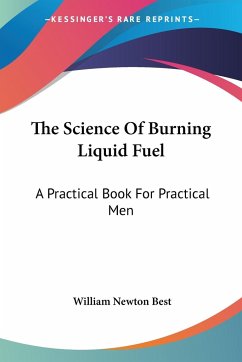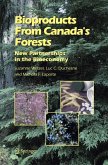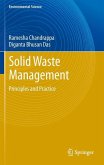In this study, the use of waste coffee grounds for biodiesel producution, its solid by-product after oil extraction for bioethanol generation, and the second by-product after bioethanol generation for solid fuel generation is explored. For the study, waste coffee grounds samples were gathered from TOMOCA PLC, Addis Ababa, Ethiopia. The oil was then concentrated utilizing n-hexane and brought about an oil yield of 19.73 %w/w. The biodiesel was acquired by a two-stage process, i.e. acid catalyzed esterification followed by base catalyzed transesterification utilizing catalysts sulfuric acid and sodium hydroxide respectively. The change, after esterification of waste coffee grounds oil into biodiesel, was about 80.4%w/w. Different parameters that are fundamental for biodiesel quality were assessed utilizing the American Standard for Testing Material (ASTM D 6751- 09) and revealed that all quality parameters are inside the extent pointed out aside from acid value. Also, the strong waste staying after oil extraction was researched for conceivable use as a feedstock for the generation of bioethanol and brought about a bioethanol yield of 8.3 %v/v. Moreover, the solid waste staying after bioethanol generation was assessed for solid fuel (20.8 MJ/Kg) applications.
Hinweis: Dieser Artikel kann nur an eine deutsche Lieferadresse ausgeliefert werden.
Hinweis: Dieser Artikel kann nur an eine deutsche Lieferadresse ausgeliefert werden.

